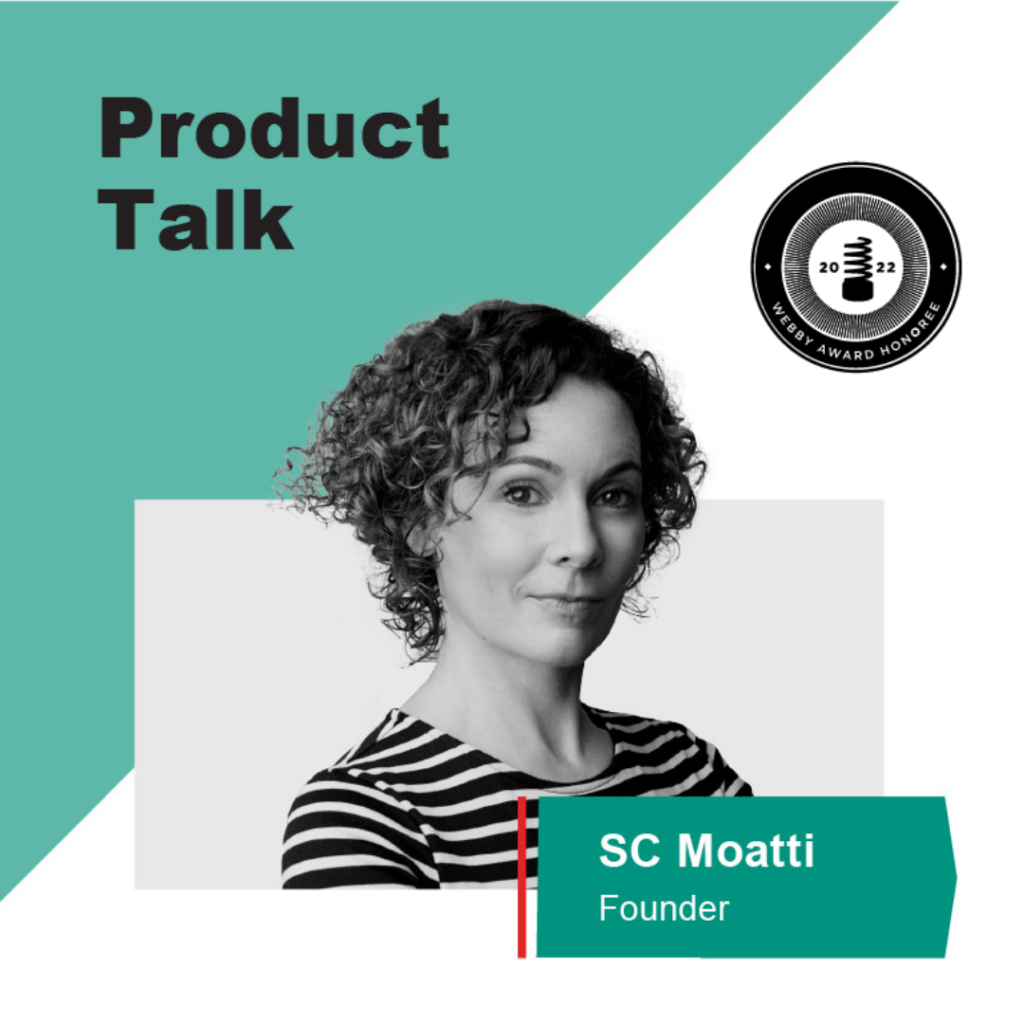Is it a problem when your whole team agrees? According to UiPath CPO Param Kahlon, the answer is yes. In episode 16 of the CPO Rising Series, Param sits down with Products That Count CPO Renée Niemi. They discuss what Param values in product leaders. This includes people with an owner’s mindset, and those with a passion for customer success. Param also argues that if you’ve hired good people, you had better give them autonomy – or they might not stick around for long. And Param urges product teams to seek out diverse perspectives and dissenting views. That is the only way to challenge the status quo and grow the business.
Subscribe to the Product Talk podcast on Spotify and Apple Podcasts and never miss a single conversation with leading product executives. New episodes go live every week. Episodes in the CPO Rising Series drop on Fridays.

On the value of diverse teams
“One thing I’ve learned in my career is that diverse teams and diverse perspectives build a high performing culture. If you get too comfortable and too complacent with what you’re doing, you will end up as a company that is no longer ready for change. Especially at the pace that we’re going through, as an economy, as a society, you have to be able to change yourself every six months to every one year. You have to challenge the status quo and say, Well, that was correct that we did that last year. It will not work for us this year.
“And you have to purposely look at building a diverse team, bringing people from different backgrounds and different perspectives into a team. Because if you don’t have that, even if you have the right intentions, everyone will always be agreeing. It’s tough and challenging when you first do it, because everybody is so focused on efficiency and well, we just know exactly what we need to do. Just get out of the way and let us do it. But taking the time to say, No, we’re just still gonna hear this person out and hear this opinion out.
“You have to be very purposeful. And you have to be careful, because you can very easily get into a mode where I am not executing because I’m so busy building consensus. You have to build boundaries around how long are we going to debate? How long are we going to hold opinions? And when are we going to move on from debating and looking at all the possibilities to making a decision and then going and executing on what we need to do. Once you find the right balance there, in hearing those different outcomes and focusing on execution, that is really important.”
On giving autonomy to good people
“If you’ve brought in bright, talented, motivated individuals, for them to succeed, you need to do a couple things. You need to give them the autonomy to go execute. They need to feel empowered. They need to feel like this is something that they own, and they’re completely invested in. If you hired a lot of smart people, and then tried to tell them very specific directions on how to do their job, there’s a good chance that you’re not going to bring the best out of them. And then they’re probably not going to stick around at the organization for a long time as well.
“Then you have to think hard about what success looks like. And how are you going to measure success? How is the person in the role going to be able to achieve those outcomes and have the autonomy to go execute on this.
“The last part is collaboration. Especially in products and engineering ranks, it is sometimes an overlooked attribute of how we hire. The social emotional aspect of that characteristic is not generally something that the people we hire are well trained for. In general, when you hire a lot of smart people, they all are individual achievers. Individually they’ve done really well to get high grades and get to the best colleges and universities. But never really took a class in collaboration or teamwork, or thought about how that could be important as well. And that’s something that we think is really important in midsize and large sized organizations.”
On product leaders with a GM mindset
“Especially when I look at leaders, I look at folks that have a general management mindset, people that come in and say, I want to own this function. I want to treat this as my own business. And I want to drive growth for it.
“I look for people that feel that the product is their business, and selling is important. And we’re gonna go sell and help sell, but also sell, myself, when it’s needed. Product marketing and campaign drawn marketing are my business as much as they are the CMO’s business. I always look for people that think like that, and take the whole accountability.
“I’m also very passionate about customer success. You measure your success through the success of outcomes you deliver for your customers. I’m looking for people that, when you ask them about what’s your accomplishments, what are you most proud of, I always look for signals where they talk about how they were able to help their customer achieve. And that’s what they’re proud of and look for those signals.
“The last thing is execution. Sometimes when people get to leadership positions in product, they say, Well, I just kind of set the strategy and I let my people do what they want to do. And I fundamentally believe that, yes, you want to be more responsible for strategy and less for execution as you grow through the ranks. But you are not going to set a great example if you are never going to be able to show empathy, and show the finesse and detail that’s needed for execution.”